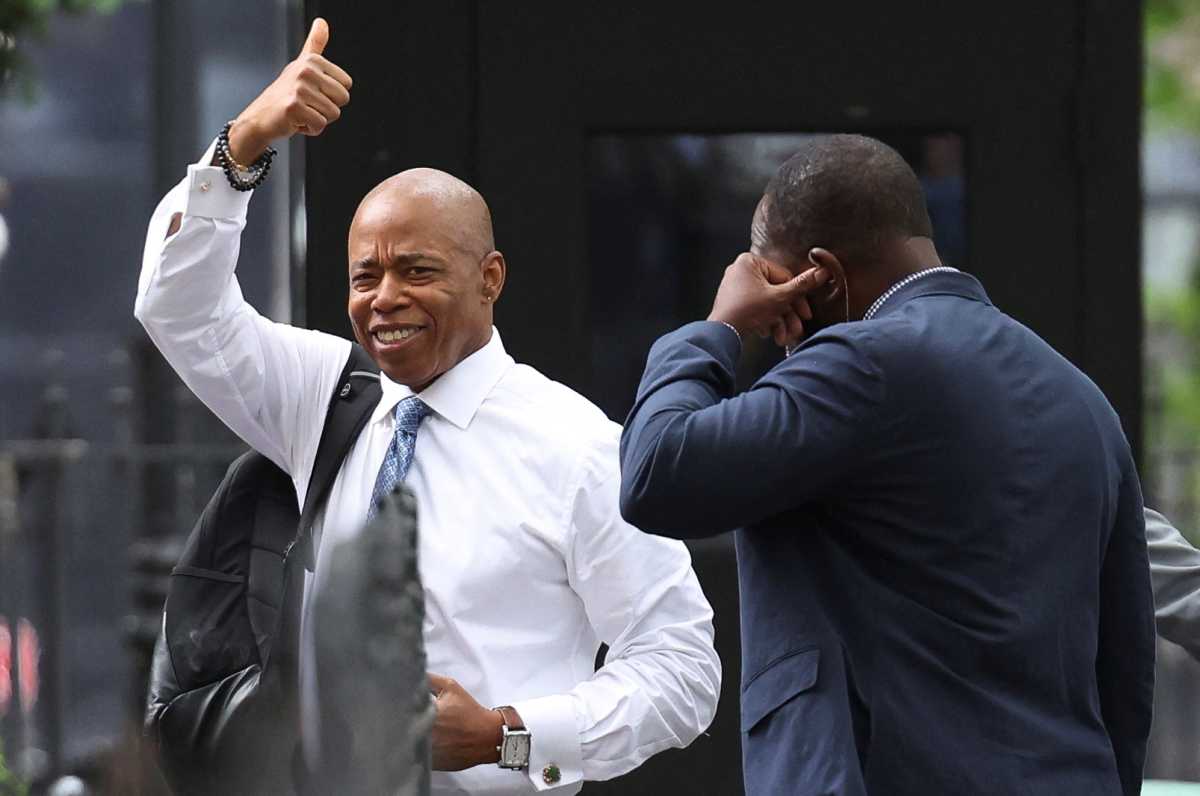Domestic violence in the transgender community got the spotlight at the 14th Annual Domestic Violence Conference at St. Francis College on Oct. 21.
Members from Volunteers of America of Greater New York, organized the annual conference and spoke about the greater risks transgender victims of domestic violence face often due to societal stigmatization and lack of awareness, one representative said.
“The transgender community has needs — shelter is problem, access to medical care, and access to services as a whole because of the discrimination component,” said Ana Rolan, director of domestic violence services for Volunteers for America Greater New York.
“So many people are resistant to accepting or acknowledging them but they’re still human beings. They’re not even getting opportunity and I know there’s a lot of violence in their community that affects a huge population of the transgender community in the Bronx.”
Speakers at the conference spoke to professionals working with domestic violence victims, detailing the types of challenges transgender victims confront seeking help from shelters and crisis centers, and provided ways to comfortably address their trauma and identity with sensitivity, said Rolan.
“Stigmatization leads to lack of help and social exclusion,” she said. “We need the empathy to serve them and their needs. I’m committed to seeking that out more, learning as much I can about it and hopefully we can be one of the providers that can include services for the transgender population, and learn from the subject matter.”
The annual conference is held every year at St. Francis College by the Volunteers of America, which is one of the oldest human services organizations in New York City. The organization specializes in helping victims of domestic violence, homeless individuals, veterans, and people living with disease.
Other topics discussed included human trafficking, how to spot the early signs of an abuser, and how advanced technologies aid in abuse. The prevalence of social media, smartphones, and tracking technologies help contribute to the evolution of domestic violence, said one speaker.
“Social media abuse with the texting and calling ends in fights,” said Wanda Best-Deveaux, program director at Volunteers for America.
Rolan says having the opportunity to share vital information about domestic violence is a goal she remains committed to, but also hopes to see a larger conversation about it.
“I think it’s really important to do as much of the education when you have a captive audience, and we have here today providers, agency workers, and people across the city,” said Rolan.
“My hope is to see the purple ribbon at 42nd Street just like they did with breast cancer,” said Rolan. “I really want to bring that type of awareness to domestic violence.”























